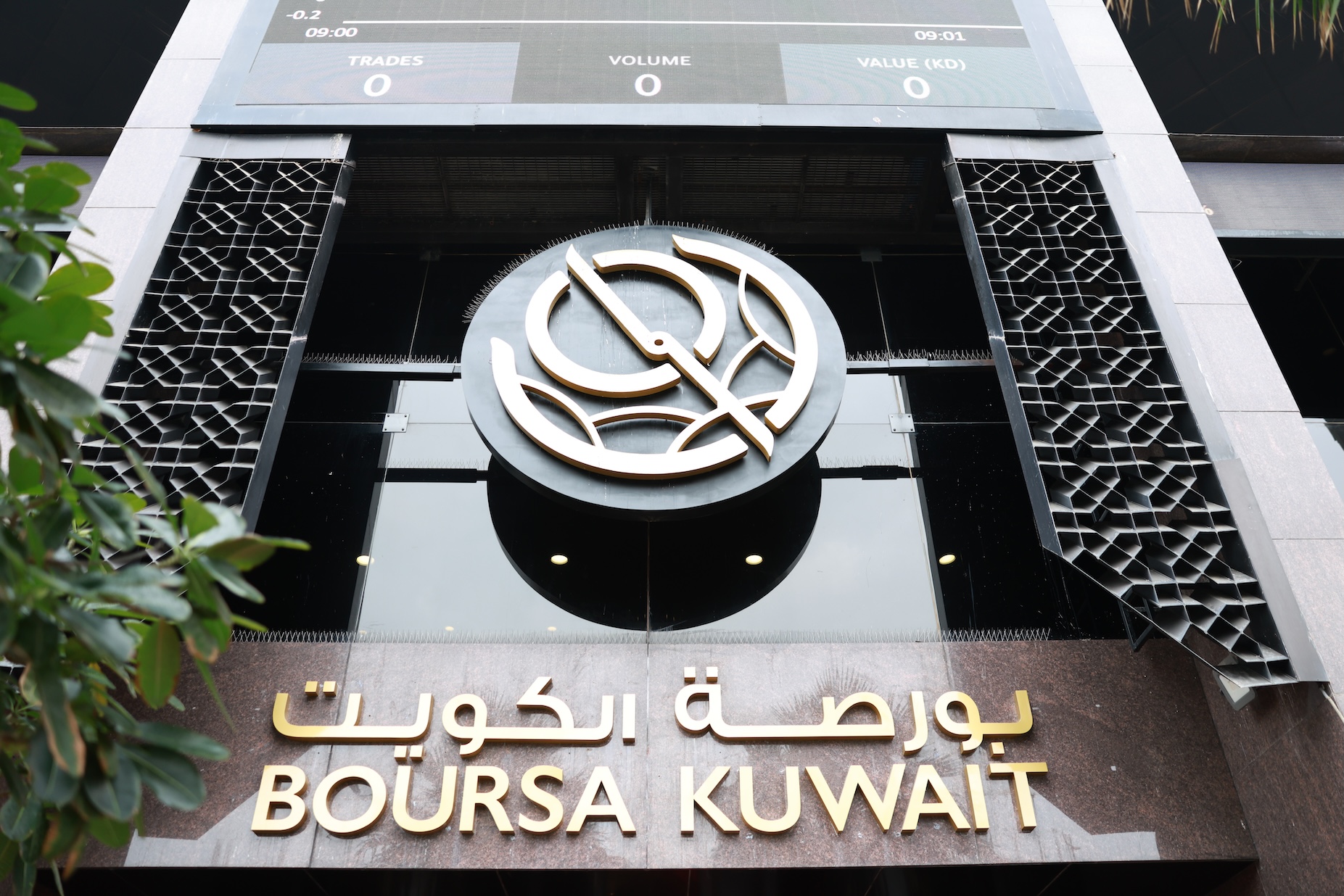Overview
In a significant development for the UAE’s climate governance framework, the Ministry of Climate Change and Environment (“MOCCAE” or the “Ministry”) launched on 15 October 2025, during GITEX GLOBAL 2025 in Dubai, the Integrated Emissions Quantification Tool (the “IEQT”) as part of the National Measurement, Reporting, and Verification (“MRV”) Transparency System established by Federal Decree-Law No. 11 of 2024 (the “Climate Change Law”) to operationalize greenhouse-gas (“GHG”) MRV.
The MRV Transparency System is aligned with Article 13 of the Paris Agreement; the IEQT provides a centralized platform for monitoring, reporting, and verifying GHG emissions and other air pollutants across the UAE, marking a major step toward Net Zero 2050.
Scope and Triggers
The Climate Change Law covers any entity whose activities generate GHG emissions, defined as “Sources” under the Climate Change Law, including public and private legal persons and individual enterprises operating anywhere in the UAE, free zones included. However, MRV obligations are not automatic: they apply only once MOCCAE or the competent Emirate/free-zone authority concerned with climate change affairs designates the entity as a Source. In practice, an entity may be within scope yet have no immediate duties until designated as a Source. Geographically, the law applies to “Sources in the State” (UAE mainland and free zones), i.e., entities domiciled in, or operating within, the UAE that emit GHGs.
Entry-into-Force and Status Adjustment
The Climate Change Law entered into force on 30 May 2025 (nine months after its publication in the Official Gazette on 30 August 2024). The Climate Change Law then gives one year from entry into force to “adjust status,” granting designated “Sources” a one-year window, until 30 May 2026, to implement the obligations provided for under the Climate Change Law, which include applying the MRV systems, maintain emissions inventories, submit periodic reports in prescribed forms, and retain records.
UAE Carbon Market Infrastructure
In parallel with the MRV regime under the Climate Change Law, the UAE has introduced a market-facing track through Cabinet Resolution No. 67 of 2024 (the “NRCC Resolution”), which establishes the National Register for Carbon Credits (“NRCC”) and sets clear rules for how carbon credits are issued, registered, verified, transferred, and ultimately retired. Effective 28 December 2024, the NRCC requires Huge Carbon Emission Entities (“HCEE”), UAE companies emitting 500,000 tCO₂e or more per year across Scope 1 (direct, owned/controlled sources) and Scope 2 (purchased energy), to regularize by 28 June 2025, while other entities may opt in voluntarily. In practical terms, registration means submitting your UAE license and entity details, preparing an annual greenhouse-gas inventory using recognized methods consistent with the national MRV approach, obtaining independent assurance from a MOCCAE-approved verifier, and confirming that any credits will be recorded exclusively in the UAE registry to prevent double counting.
The NRCC Resolution applies to HCCEs domiciled in the UAE. However, Annex No. 1 complicates the reporting boundary by allowing consolidated submissions and requiring emissions to be broken down by country/state. This may suggest the potential inclusion of foreign subsidiaries, yet the NRCC Resolution does not explicitly mandate such reporting. As a result, companies face a notable uncertainty: does NRCC reporting extend beyond UAE-based operations to cover foreign-subsidiary emissions and is consolidated reporting elective or mandatory? This is to be clarified in the implementing regulations which have not yet been issued.
Enforcement and Penalties
Designated officers may detect violations under the Climate Change Law, with administrative fines of AED 50,000-2,000,000 for breaches of Climate Change Law duties, doubled for repeat offenses within two years. In parallel, the NRCC Resolution imposes tiered fines of AED 500,000 / 1,000,000 / 2,000,000 for first/second/third offenses (plus a catch-all of AED 100,000 / 200,000 / 300,000), covering breaches such as failure to register as an HCEE (when applicable), non-submission of the annual GHG inventory/report, lack of third-party verification, inaccurate or misleading disclosures, improper issuance/transfer/retirement of credits (including double counting or off-registry recording), missed timelines/fees, and other obligations set under the NRCC framework.
How We Can Help
At Meysan, our team is ready to assist clients in navigating MRV compliance, carbon credit registration, and reporting obligations under the Climate Change Law and NRCC Resolution. For tailored guidance on implementing internal MRV systems and integrating climate-related reporting into corporate strategy, please contact us.

Meysan Lawyers & Legal Consultants is pleased to announce its role as legal advisor to Dawi, a Kuwait-based digital health platform enabling patients to access premium healthcare services across the region, in connection with its strategic partnership with Cleveland Clinic Abu Dhabi, a Mubadala Health partner. Through this partnership, Dawi… Read more

Meysan advised on the successful establishment of the KWD 50 million Senior Unsecured Bonds Programme by Kuwait Financial Centre (Markaz) and the issuance of the First Tranche of Bonds with value of KWD 35 million. The First Tranche of the Senior Unsecured Bonds Programme was successfully issued to qualified investors… Read more

Kuwait - Meysan Lawyers and Legal Consultants in Kuwait advised on the offering and listing of the shares of Action Energy Company on Kuwait Stock Exchange – Premier Market with the joint global coordinators and joint bookrunners, National Investments Company, EFG-Hermes UAE Limited and Arqaam Capital Limited. Action Energy Company,… Read more

Meysan has successfully represented a leading global manufacturer in defending against a request to suspend the importation of its products into Egypt. In the context of an ongoing termination dispute with a local distributor, our partner Mourad Haggag and senior associate Ismail Lamie secured a favorable court decision rejecting the… Read more

Overview In a significant development for the UAE’s climate governance framework, the Ministry of Climate Change and Environment (“MOCCAE” or the “Ministry”) launched on 15 October 2025, during GITEX GLOBAL 2025 in Dubai, the Integrated Emissions Quantification Tool (the “IEQT”) as part of the National Measurement, Reporting, and Verification (“MRV”)… Read more

We are pleased to announce that we advised and assisted Al-Mansour Automotive Group regarding the main agreements for the MAC Automotive Plant, an automotive manufacturing facility in 6th of October City, Egypt, for which the foundation stone was laid earlier this week. The project aligns with Egypt’s strategy to localize… Read more